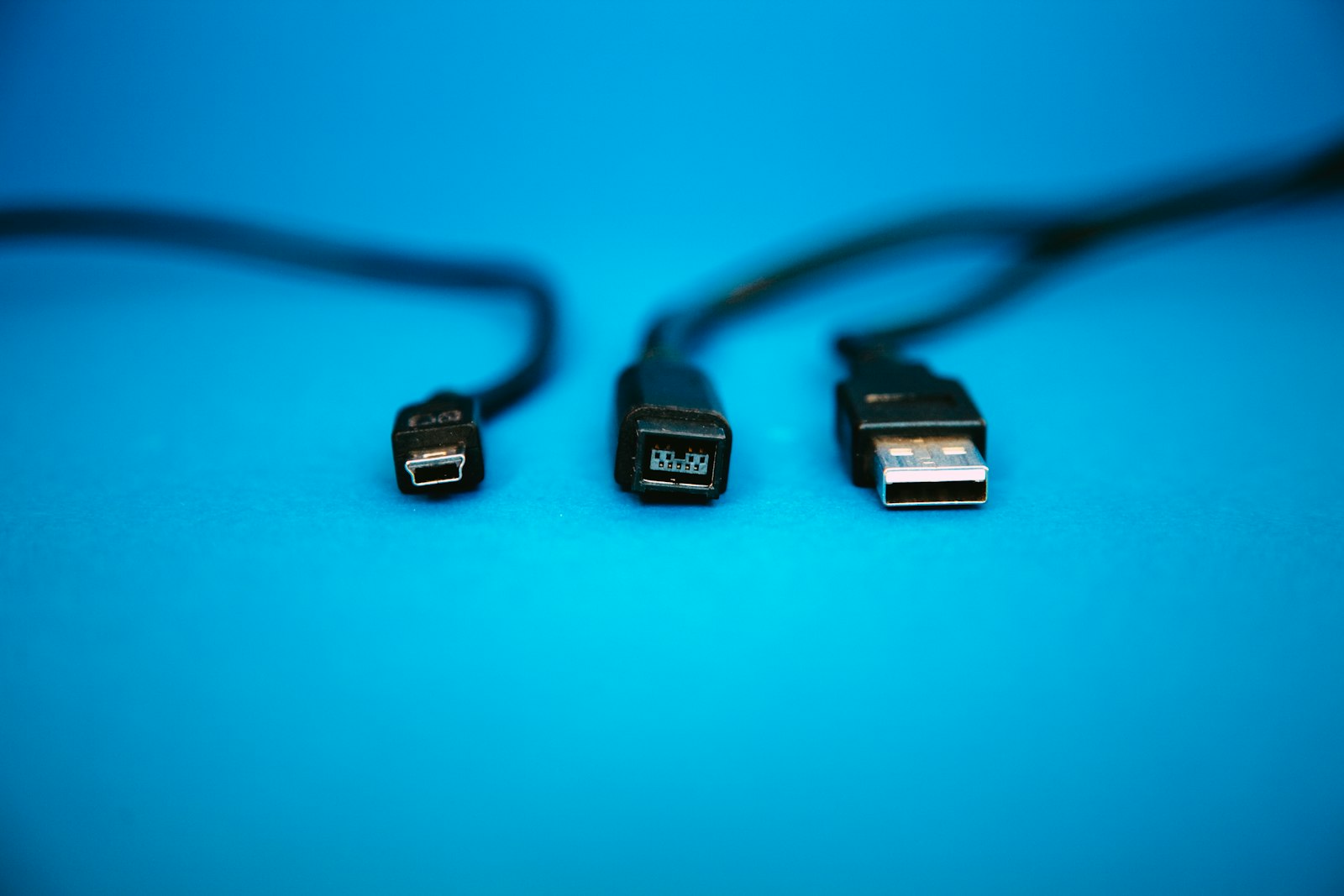President Biden and Chinese President Xi Jinping concluded a virtual summit meeting Tuesday, but a host of technology and innovation-related issues remain as points of friction in U.S.-Sino relations. The latest example is China’s strategy to engage in the development of global standards for emerging technologies.
In the run-up to this week’s summit, amid rising bilateral tensions on a range of economic and national security issues, the National Institute of Standards and Technology (NIST) issued a public request for information on the effect of Chinese policies and industrial coordination in international standards-setting bodies.
The issue has been of increased concern for U.S. industry and other stakeholders who fear that China could leverage standards-setting processes to gain competitive advantage in strategically important fields of technology. Underscoring the stakes, the Chinese Central Committee last month issued a national strategy to overhaul China’s standardization management system to ensure it is internationally compatible, but with the distinctly Chinese characteristics of government-led market-oriented economics.
NIST’s public request for information on the impact of China’s involvement in standards-setting will fold into a formal study Congress requested in the National Defense Authorization Act enacted in January.
“We hope to hear from many U.S. organizations about their experiences with the international standards development process,” said Deputy Secretary of Commerce Don Graves. “U.S. participation in this process is extremely important for ensuring our products are competitive around the world. We want to help ensure its continued success, even in a changing international environment.”
Next-generation technologies such as 6G telecommunications technology for mobile networks are subjects of particular concern, as the standard-setting process could provide a vehicle for China to tighten its hold on a significant share of the world’s wireless communications infrastructure. For example, Chinese telecommunications company Huawei has the highest number of patents related to 5G mobile networks.
In the past, U.S. and European companies have had the greatest influence in setting standards for these technologies. Beyond telecommunications, standards-setting processes affect all manner of technologies, from the agricultural sector to service industries. Interoperability depends on it. For example, the widespread implementation of technology standards for the USB connector came from a standard-setting group that included representatives of companies such as Microsoft, Intel, and IBM. The effort helped supplant a myriad of power and data cables from competing device manufacturers.






